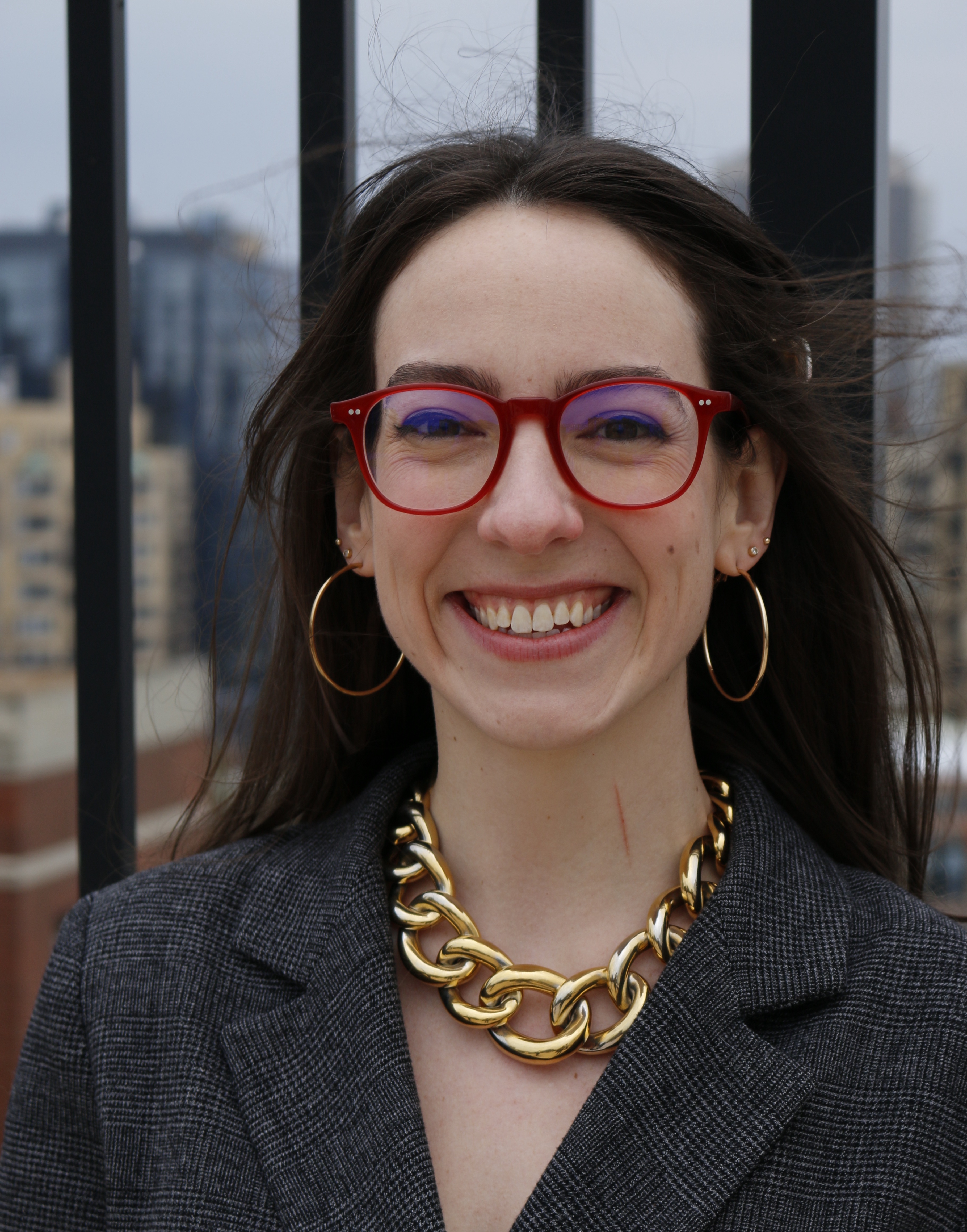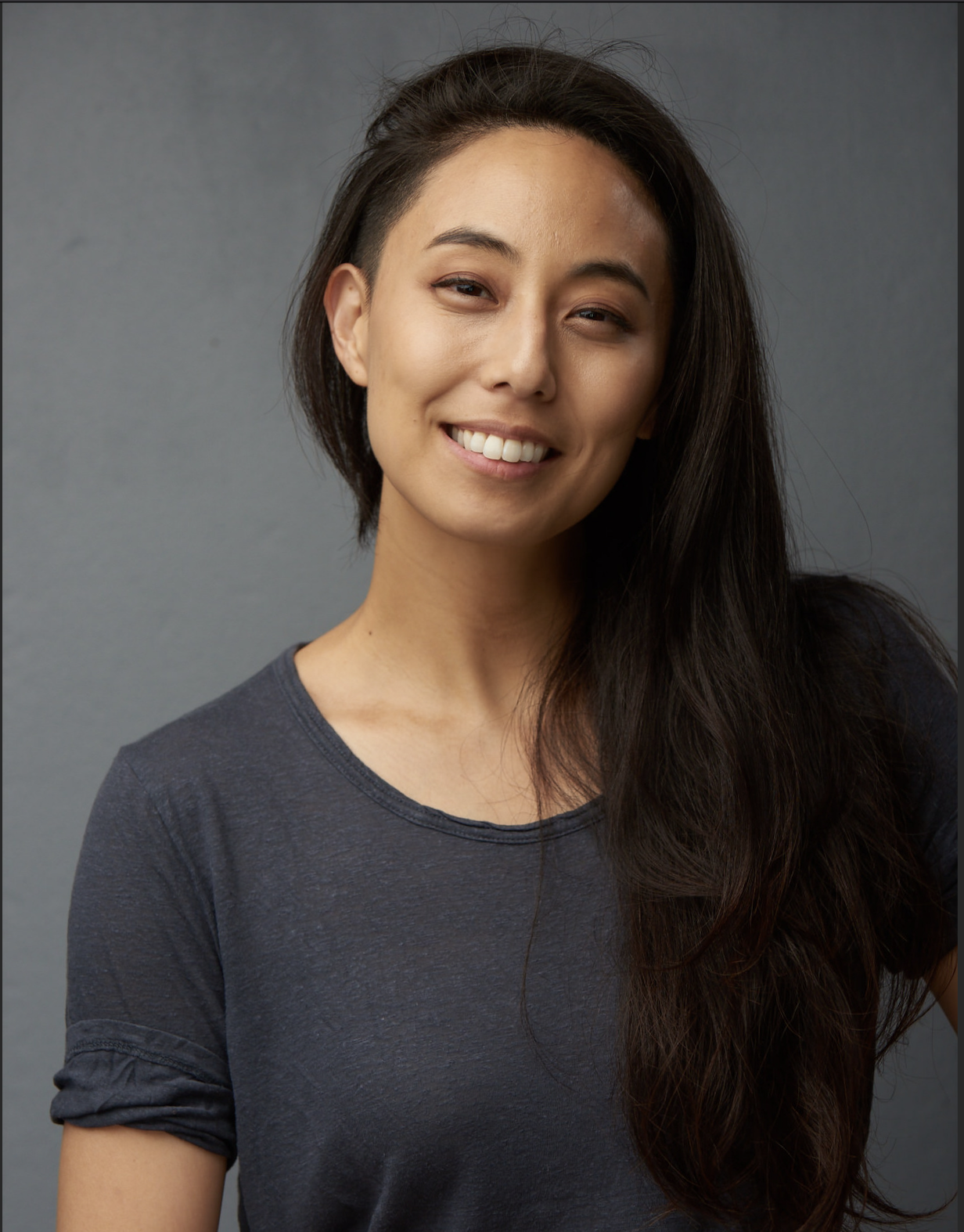Everyone who’s ever committed to a creative project has had the thought at some point, whether it’s while getting up too early on a weekend morning or pulling a second shift after the regular workday has ended: Am I sure this is worth it? Usually it’s passing — a little grumble and groan before you get into the rhythm of the work and remember why it matters to you so much.
But sometimes that sentiment lingers. Sometimes it recurs often enough that you have to start to pay attention to it. And wonder, is it time to maybe… take a hiatus?
We live in a culture that encourages hustle 24/7/365. But the truth is that our energy is cyclical and seasonal, and what compels us at one point may become less interesting eventually — especially if you’ve spent years investigating and talking about that topic. So how do you know when you’re just experiencing a little lull, and when it’s time to take a break and put your project down for a while?
Set up regular check-ins with someone
It’s easy to get so mired in routine that we don’t notice that our habits are running us right into a rut. Having someone else to talk to regularly, who can help you notice how you’re feeling, is invaluable — whether that person is a friend, partner, therapist, or colleague.
For Sarah Enni, the impetus to think about a podcast hiatus began with a conversation with a trusted friend. She had been turning out episodes of her independent podcast First Draft, where she interviewed authors about their life and work, for almost seven years when a goal-setting conversation with a pal pushed her to realize that she wasn’t enjoying it enough to keep going. “He reflected to me that I seemed really stressed, and that I didn't seem happy. He was like, ‘I think you might need to consider stopping the podcast,’” she explains now. “It had not even been on my radar. I was doing everything but quitting, because it was so tied up in my identity. It took that jolt to be like... I could do that. That's something that's possible.”
.jpeg)
Because Sarah was working largely by herself, she needed an external voice to help her notice what she was feeling. For Gina Delvac and the team behind Call Your Girlfriend, though, asking whether they wanted to keep going with the pod had been a regular part of their process since the beginning. Because Gina and the pod’s hosts, Ann Friedman and Aminatou Sow, were friends before they were colleagues, they worked hard to protect their personal relationships throughout the show’s run. Part of that was having regular check-ins with one another while they were long-distance, capped off by an annual in-person retreat.
Those retreats were “kind of like going to couples counseling when things are good,” Gina says. “So we had a lot of frameworks to be able to broach a hard and sad conversation.” When it did come up that all three felt their passion for the show waning, “it felt like mutual recognition,” she continues. “We really had steady systems and check-ins in place that meant that it wasn't a surprise when we all held hands and tearfully came to the same conclusion. It was pretty clear that that's where we had been headed.”
Reassess your goals
Once Sarah realized that her energy was flagging, she took inventory about why that might be happening, and realized that she’d already accomplished — or set aside — a lot of her goals for starting First Draft way back in 2011. “I did it to create a network of friends; it had beyond achieved that,” she says. “I was looking to get experience in the audio field, and I feel like I've got that covered.” (She’s being modest — her show helped land her a role as a producer on Wondery’s hit podcast Scamfluencers.) “And I was hopeful that it would help me in selling a book and it didn't,” Sarah continues.
When those external motivating forces fell away, Sarah saw that she wasn’t necessarily creatively interested in continuing with the show either. “Once that happened I was like, I have other interests, and ways I want to spend my time. I spent seven years doing one thing, and my curiosity's a lot bigger than that.”
For Gina and CYG, there was money to consider — kind of a lot of it. “Our last two years were the largest guaranteed ad revenue that we had in the entire time of doing the show,” she says. “Especially compared to the beginning, when we were unfunded for 18 months or more.”
But that wasn't enough for her and her colleagues either. Call Your Girlfriend had always been a labor of love for them; getting paid was a really fun bonus, but it had never been the point. “The engine was deteriorating,” Gina says now. “And it didn't feel right for our hosts, it didn't feel right for me, and it didn't feel right for our listeners, who had gone on a really incredible, dedicated journey with us, to keep making the show.”
Consider your options
Sarah ultimately put First Draft on an indefinite hiatus; the women of CYG decided to permanently call it quits. But there are a variety of options when it comes to figuring out how to deal with a podcast you no longer love quite enough. You might want to try a different format, for instance. Both Gina and Sarah considered moving from their model of posting weekly episodes to self-contained limited seasons, which would give them regular breaks — and for Call Your Girlfriend, which was often newsy and topical, more time to plan ahead. That didn’t quite feel right to them, but if a format shift might help you rediscover your passion for your show, it’s something to think about!
Similarly, consider that the show might go on… without you in it. “If you’re working with collaborators, if they want to continue without you, that's a valid conversation to have,” Sarah notes. Some listeners asked whether she’d consider handing First Draft off to another host, and while the pod felt too personal for that, she says that under other circumstances it could have been the right move.
Ultimately, you get to decide whether your project lives and dies with you, but try to be open to having it shift and change to meet your and your team’s current needs as they evolve. “Try to release your ego,” Gina advises. “This project might be right for some but not right for all. And it can have multiple lives.”
If you do decide to take a hiatus, Sarah and Gina had three additional pieces of advice.
Give yourself some runway

Be mindful of what pausing or stopping your pod means for the people depending on you. When Sarah realized she wanted to take a pause on First Draft, she had six months of interviews already scheduled, many of them with first-time authors who’d been counting on her to help promote their books. She felt that she had to follow through with them — but decided to stop adding anyone new to her list going forward so she knew that the end was definitely approaching.
Similarly, CYG had a network of people to consider when deciding on their timeline. “We had advertising agreements that were committed to making a certain number of episodes,” Gina says, “so we set our own internal deadlines around that.
“Podcasts have become big media, where things are planned one to two quarters ahead,” she notes. “The best way to honor those relationships is to give people a head's up with enough notice that they can do their jobs.”
And don’t forget that your listeners have a stake in all of this too! “The listener just needs a heads up,” Gina says. “So if you've been a show that publishes weekly and you're going to go seasonal, announce it. Announce it on a few episodes. Announce it in advance. Clue people in, because when you want to invite them back, you're going to be really upset if no one shows up to the party.”
Keep it up
Up on the feed, that is. “For my podcast, it was about enabling people's personal development; I was explicitly information sharing and empowering other people,” Sarah says. “And what I created was in some way evergreen. I'm committed to keeping it up, and keeping it free.”
Leaving episodes up also allows your show to have a second act. “In some ways I never left,” she continues. “I still get emails. It's my first experience of having something that is out in the world, reflecting me — literally my voice — but I've decided that I'm no longer participating in that realm.“
Be prepared for reactions (including your own)
The communities around First Draft and Call Your Girlfriend took the news that their favorite shows were pausing production pretty well. “Unreservedly, without exception, people were so sweet and understanding, which was really meaningful,” Sarah says of her hiatus announcement. “But it sucked!”
For Gina, “The moment of recording the episode where we announced the end was both sad and euphoric. It felt like the level of connection of the early days, because we were coming together with such clarity around what we wanted to say.”
Then in the aftermath, “It was much more emotional than I expected. We opened up the voicemail line for people to send in their reflections. So many life events tracked against people's listening of our show, and especially since it was centered around friendship, I think it evoked other friend breakups people had had. People sent dedications to friends that they were no longer in touch with. It was very moving to have been a part, even just tangentially, along the ride of people's lives. The headline from Vulture was Call Your Girlfriend Ends on Its Own Terms, and it really felt that way.”






%20(1).JPG)


























